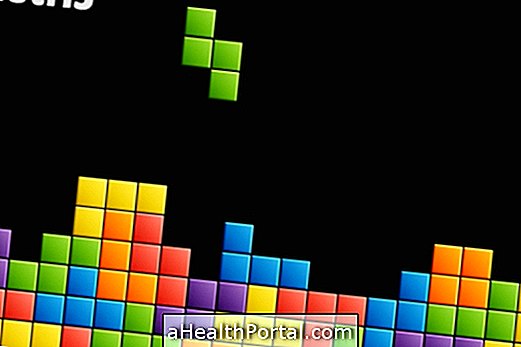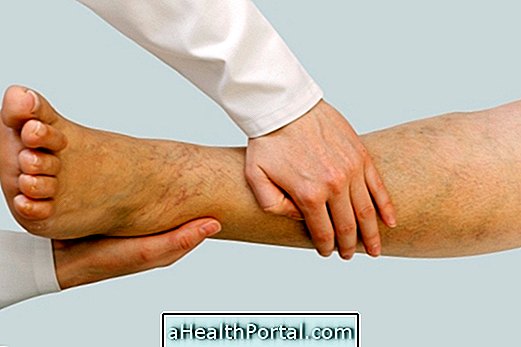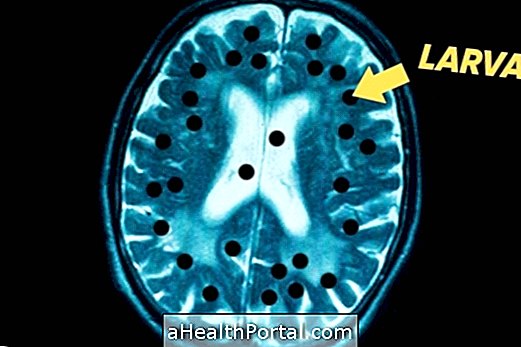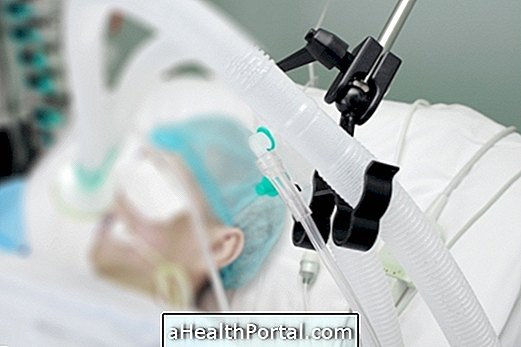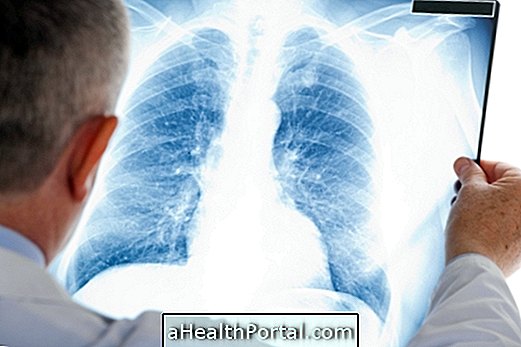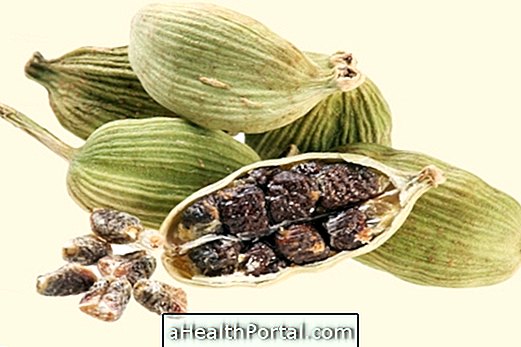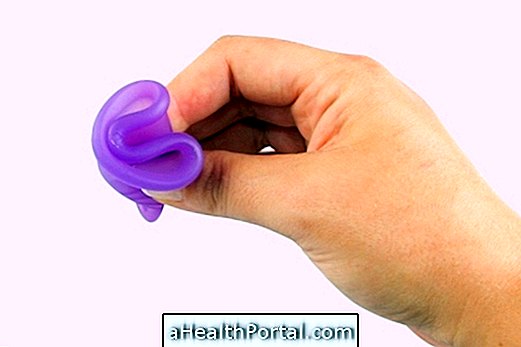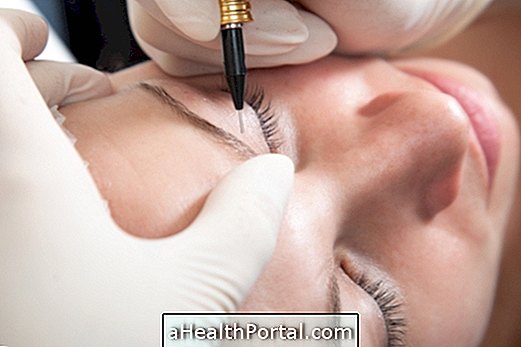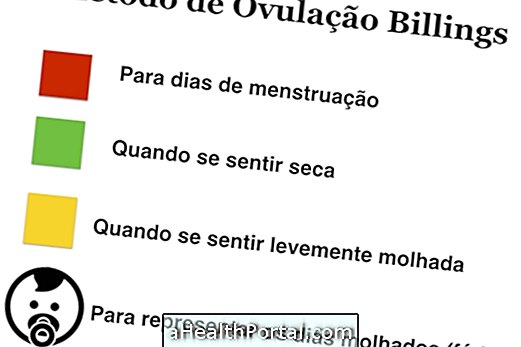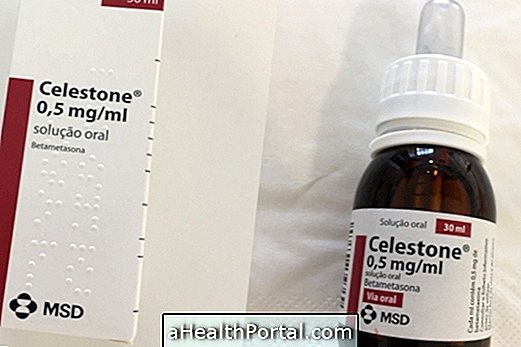A seizure is a disorder in which involuntary contraction of the muscles of the body or part of it occurs due to too much electrical activity in some areas of the brain.
The seizure is cured when it is not related to a disease and in these cases can be controlled with the use of anti-convulsant drugs. However, very rarely, the seizure can kill, when the individual has repetitive convulsions or because of the consequences of the seizure like gagging by vomiting or trauma and cranial hemorrhage.
What may cause seizures
The main causes of seizures include:
- High fever, especially in children younger than 5 years;
- Diseases such as epilepsy, meningitis, tetanus, encephalitis, HIV infection, for example;
- Head trauma;
- Abstinence after long-term use of alcohol and drugs;
- Adverse reaction of some medications;
- Metabolism problems such as diabetes, kidney failure or hypoglycemia, for example;
- Lack of oxygen in the brain.
Febrile seizures may occur within the first 24 hours of a fever in children. Diseases such as otitis, pneumonia, flu, cold or sinusitis can trigger febrile convulsions. Usually, it poses no life threatening risks or leaves neurological sequelae to the child.
Stress can lead to an intense seizure-like seizure. For this reason, it is wrongly called a nervous convulsion, but its correct name is a conversative crisis.
What to do when the seizure occurs
What to do in case of seizure includes:
- Remove objects such as chairs from near the victim;
- Place the victim on his or her side, unscrewing clothing and removing dentures or anything that is preventing breathing;
- Put a curled cloth on the victim's mouth so she does not bite her tongue;
- Stay with the victim until she regains consciousness.
Never put your fingers inside the victim's mouth as they may accidentally bite your hand. Check out the First Aid for convulsion.
How to Identify the Seizure
Signs that may indicate a seizure include:
- Sudden drop with loss of consciousness;
- The individual shakes whole and can move his eyes and close his teeth;
- The individual has muscle spasms, contracting the body;
- Babar or foaming by mouth;
- Loss of bladder and bowel control;
- Change in mood such as anger, fear, panic, joy or laughter.
Symptoms of seizure usually last for a few seconds, but may persist for 15 minutes.
Treatment for convulsion
Treatment for seizures when it results from neurological diseases such as epilepsy can be done with the use of anti-seizure medications to prevent recurrence and ensure control of seizures. However, the treatment for seizure should only be indicated by the neurologist.

